A Ph.D. in Electronic Science is a highly sought-after degree in computer science. The program involves research and teaching and is designed to provide students with the necessary skills to work in an academic environment. This Ph.D. program is particularly valuable as it provides students with the skills necessary to conduct independent research. Upon completion of this course, graduates are prepared to work in a variety of settings, including academia, industry, and government. Several universities offer a five-year program, which includes both theoretical and practical subjects.
The program is a doctoral-level course that focuses on the field of electronics. Candidates who earn a Ph.D. in this area are prepared to assess diverse techniques, contribute new knowledge, and take part in complex, multidisciplinary projects. Their education will also prepare them to work in a variety of areas, including information technology and engineering. The course curriculum focuses on electro-optics, circuit and system design, signal processing, and radio technology. During the program, students engage in independent study and participate in multidisciplinary extends.
A Ph.D. in Electronic Science will help you formulate new ideas and evaluate existing methods. The program prepares students to contribute to new knowledge in the field. Topics covered in this program include acoustics, radio technology, signal processing, materials and component technology, circuit, and system design, and signal and optical systems. As a result of the rigorous curriculum, students must have a willingness to question established knowledge.
A Ph.D. in Electronic Science is a research-based degree. It will prepare graduates to conduct original and translational research. In addition, they will be qualified to work in the academic and research sectors. Applicants should be proficient in English and have a passion for the subject of their choice. Moreover, they should have an interest in the field they are studying. If they are pursuing a career in engineering, they should take a job as an electrical engineer.
Eligibility:
Candidates who want to take admission in Ph.D. must have a post-graduate degree in Electronic science with at least 55% marks from a recognized university and must have passed the national level entrance examination or university level entrance examination. National level entrance exams like UGC NET / UGC CSIR NET / GATE / SLET or University entrance exam consisting of written tests and personal interviews.
The Benefits of Ph.d. in Electronic science
A Ph.D. in Electronic Science is an excellent choice for graduates with an interest in the latest technological developments. Students with a Ph.D. in Electronic Sciences gain the expertise to apply and assess diverse techniques, contribute to new theories and strategies, and develop innovative products. In addition, the syllabus for this degree includes courses in biomedical engineering, radio technology, components and materials technology, and circuits and systems design.
The Ph.D. program requires students to complete the coursework in the Electronics department. Faculty members in the Electronics department include Assistant Professors, each managing a lab and conducting research in different areas of applied and basic Electronics. Each faculty member also participates in national and international collaborations to further their research and development. Admission to Ph.D. programs depends on the availability of seats and the student's area of interest.
The Ph.D. in Electronic Science program generally takes three years to complete. The coursework focuses on a variety of topics and requires extensive experience and research.
Career and job opportunities after the Ph.d. In Electronic science
If you are interested in pursuing a Ph.D. in electronic science, you should be aware that it is a doctoral-level program that is highly competitive. The typical length of earning a Ph.D. in this subject depends on the number of credit hours required and whether the learner is working full time or is a part-time student. For full-time learners, the doctorate program typically takes four years. The required credit hours are typically ninety to one hundred and twenty-four. Online programs provide greater flexibility and a higher rate of success. Earning potential varies greatly depending on prior work experience, role, and geographic location. While the pay is competitive, it is worth noting that salaries are much higher in large cities than in smaller towns.
Those who want to pursue a career in electronics should consider a Ph.D. in this field. Specifically, those wishing to specialize in power electronics or in semiconductor manufacturing should look into this degree. It also teaches students how to apply the latest research methods in the field. A Ph.D. in this field requires a creative mind, good analytical skills, and a strong desire to learn.
The future scope of Ph.d. in Electronic science
A Ph.D. in Electronic Science is the next step towards a doctorate in the field. These courses are designed to train graduates in various techniques, methodologies, theories, and strategies to advance the scientific community. Depending on the area of specialization, a student may work in healthcare equipment manufacturing, aerospace, industrial automation, biomedical engineering, or telecommunications. However, it is important to note that many jobs in this area are highly demanding and highly lucrative.
A Ph.D. in Electronic Science can lead to a variety of job options in the field. The coursework for these degree programs includes areas such as electro-optics, acoustics, circuit design, signal processing, information theory, and signal and systems. A Ph.D. in Electronic Science can lead to a career in the entertainment or biomedical fields. The world is full of electronics industries, with many in Germany, Canada, China, and the Gulf Countries. Students with a Ph.D. in this field have the opportunity to work in the fields of electronics.
Course Duration:
The Ph.D. Computer Science and Applications courses are a minimum of 3 years and a maximum of 5 duration. This depends on the university offering the course.
Course Fees:
The average fee for Ph.D. in Computer Science and Applications degree is between INR 50000 and INR 500000.
 5 Years
5 Years
 PhD
PhD
 Research
Research







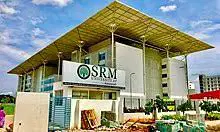


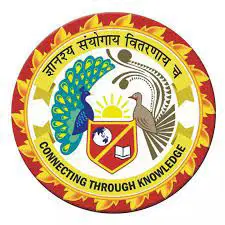

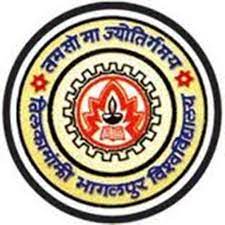
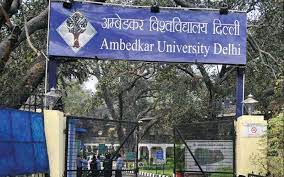
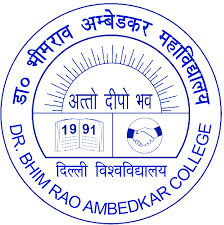


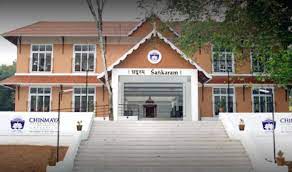



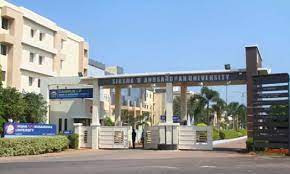
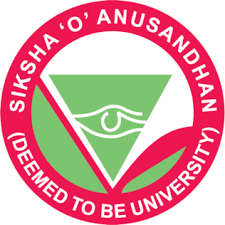
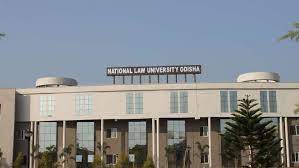

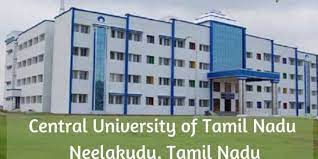

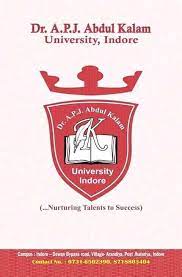
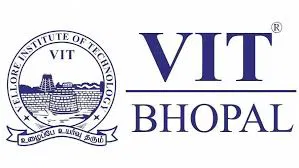

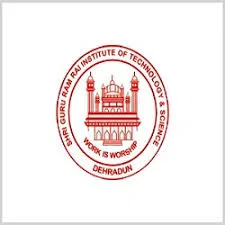
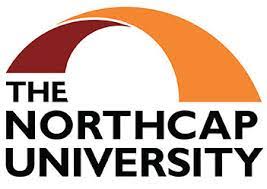

 back
back